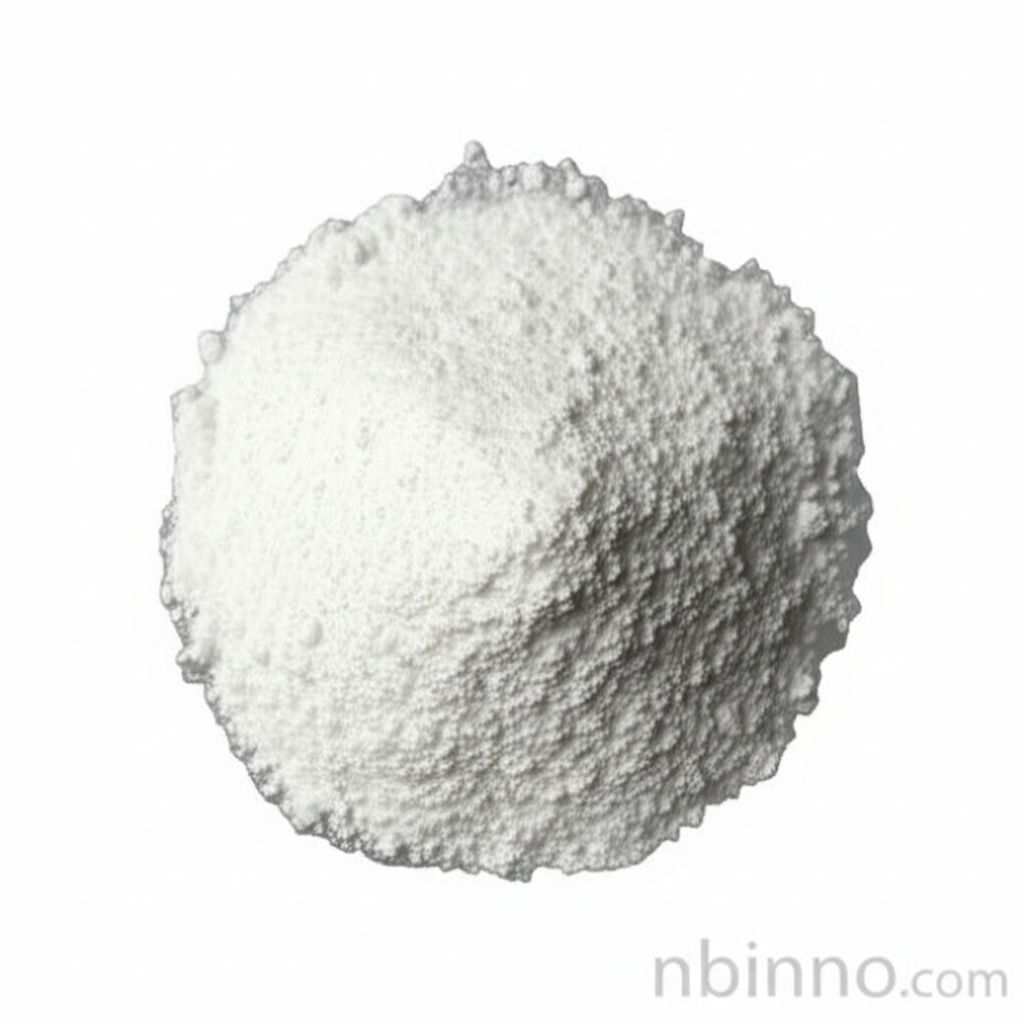1,3-Bis(N-carbazolyl)benzene (mCP): A Key Host Material for High-Performance OLEDs and Organic Electronics
Unlock superior performance in your OLED devices with our high-purity 1,3-Bis(N-carbazolyl)benzene (mCP).
Get a Quote & SampleProduct Core Value

1,3-Bis(N-carbazolyl)benzene
1,3-Bis(N-carbazolyl)benzene, commonly known as mCP, is a vital organic semiconductor extensively utilized as a host material in advanced electronic devices, particularly in the realm of Organic Light-Emitting Diodes (OLEDs). Its unique molecular structure provides a high triplet energy (ET = 2.91 eV) and a very deep highest occupied molecular orbital (HOMO) level, making it exceptionally suitable for enabling efficient blue phosphorescent light-emitting diodes (LEDs). This characteristic allows for near 100% photoluminescence internal quantum yield for specific emitters, a critical factor for brighter and more energy-efficient displays and lighting.
- Leverage the high triplet energy of 1,3-Bis(N-carbazolyl)benzene (mCP) to enhance efficiency in your blue phosphorescent OLEDs.
- Discover the potential of mCP as a host material for efficient blue emitters, a key component in next-generation displays.
- Explore the diverse applications of organic electronics host materials, including OLEDs and PLEDs, powered by advanced carbazole derivatives.
- Utilize the excellent charge transport properties of mCP to improve device performance and longevity in organic electronic applications.
Advantages of 1,3-Bis(N-carbazolyl)benzene
Exceptional Host Material for OLEDs
The high triplet energy of mCP ensures efficient energy transfer to guest emitters, crucial for achieving high performance in blue phosphorescent OLEDs. This makes it a prime choice for advanced electronic materials.
Enhanced Device Efficiency
By minimizing non-radiative decay pathways, mCP significantly boosts the photoluminescence internal quantum yield, leading to brighter and more energy-efficient electronic devices.
Versatile Application in Organic Electronics
Beyond OLEDs, mCP is instrumental in various organic electronic applications, including PLEDs and organic photovoltaics, showcasing its broad utility as a functional organic semiconductor.
Key Applications
Organic Light-Emitting Diodes (OLEDs)
mCP is a foundational component in the fabrication of high-efficiency OLED displays and lighting, serving as a critical host material for phosphorescent emitters.
Printed Electronics
Its favorable solubility characteristics make mCP suitable for solution-processed printing techniques, enabling cost-effective manufacturing of organic electronic devices.
Organic Photovoltaics (OPVs)
The robust charge transport capabilities of mCP contribute to the development of efficient solar cells, an area of growing importance in renewable energy.
Thermally Activated Delayed Fluorescence (TADF)
mCP is explored for its use in TADF applications, further broadening its impact in the field of advanced optoelectronic materials.
